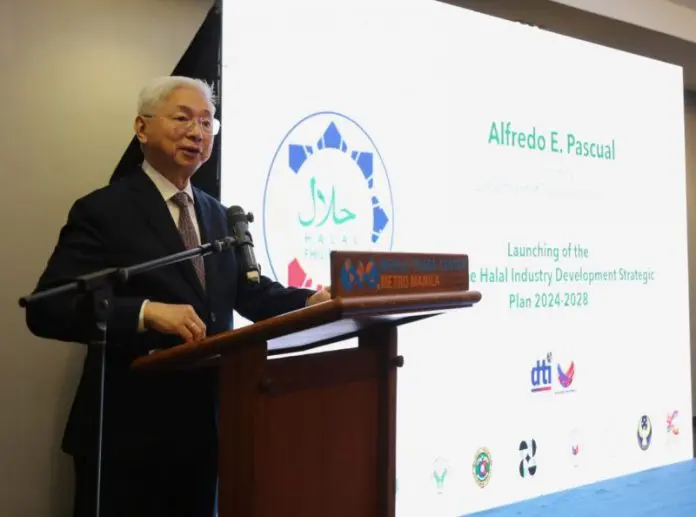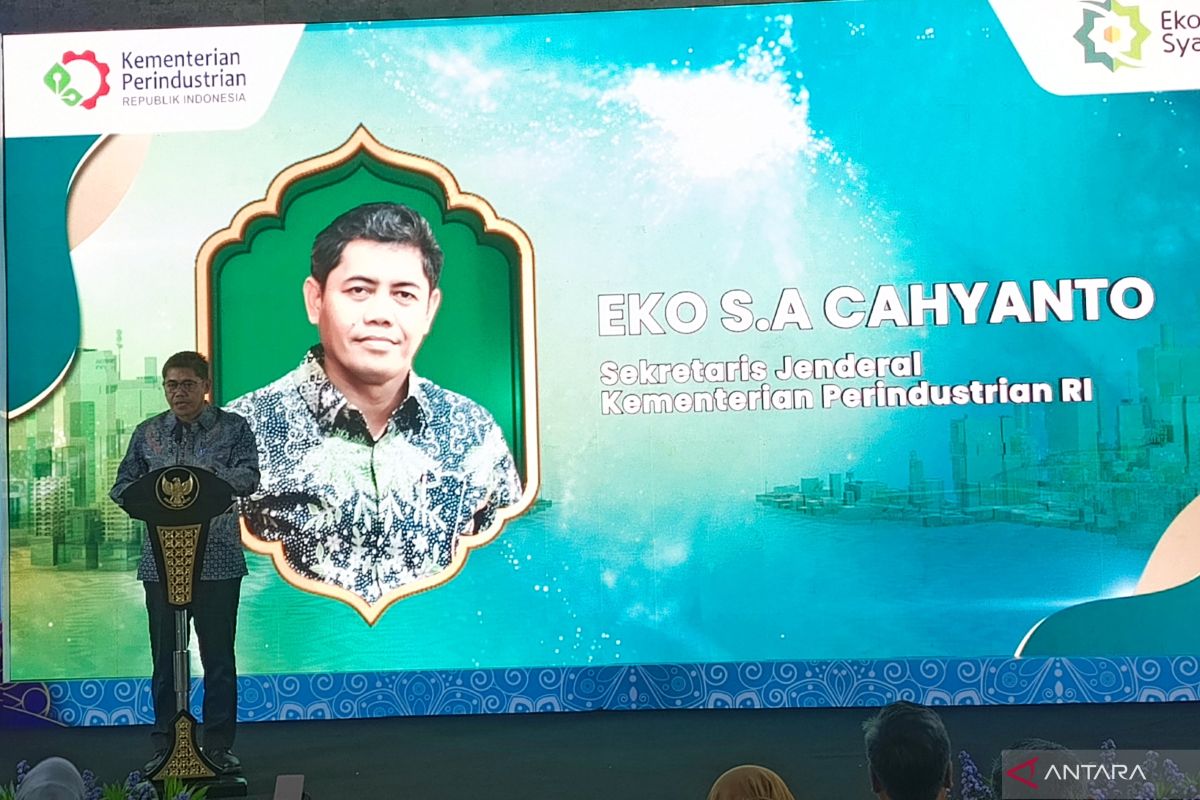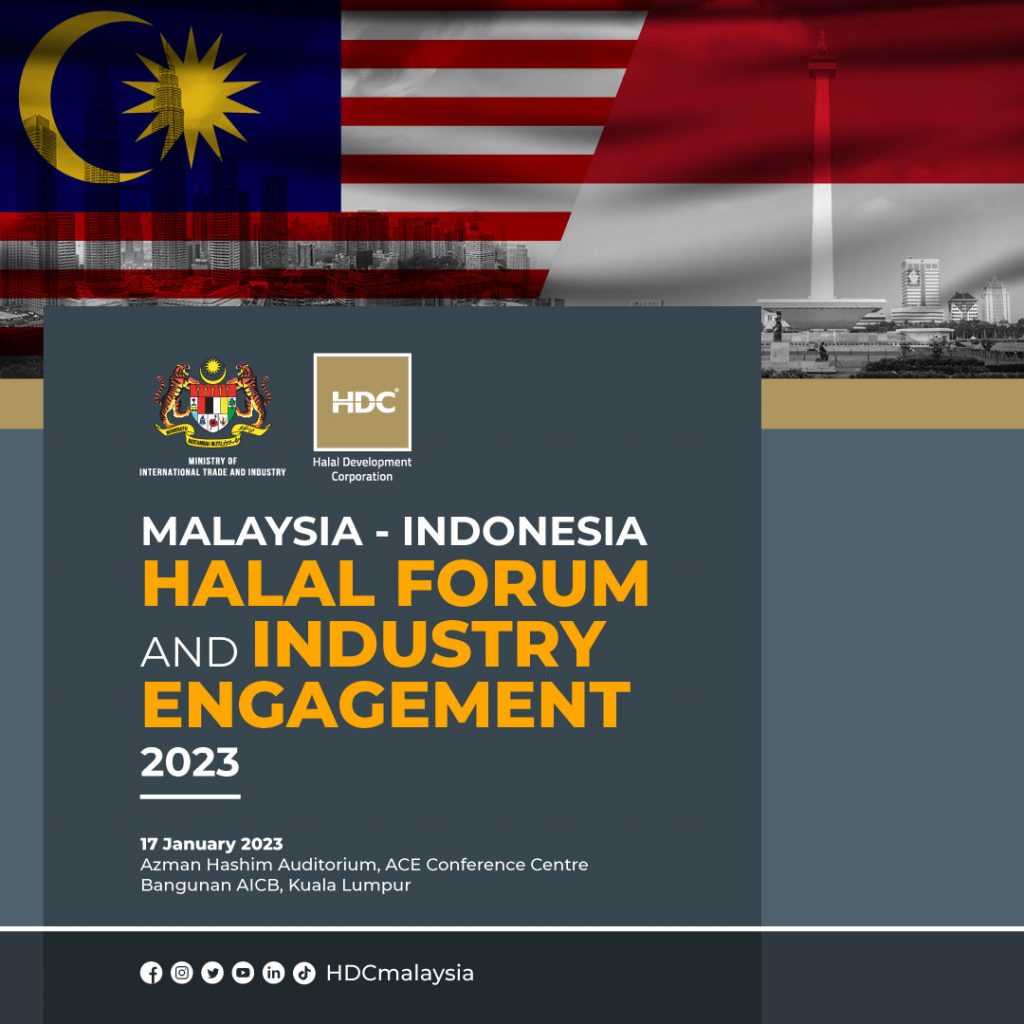By LESTER KONG
KUALA
LUMPUR: Malaysia’s halal meat industry is not likely to take off in a
big way in the international market and the country would be better off
selling its non-meat halal products such as cosmetics, pharmaceuticals
and Islamic financial services, says Oxford professor.
The
country’s meat industry, apart from being hardly able to meet local
demand, also fell short of international quality standards, said Prof
Dr Linda M Scott of Oxford University’s Said Business School.
According
to the marketing expert who has been involved in a year-long research
on the global halal market, meat export was not the strength of
Malaysia’s halal industry.
“Malaysia imports most meats and
exports some chicken, but its chicken parts have difficulty meeting
international health standards,” she told 28 senior government
executives at the Malaysia Custom Executive Education programme on
Branding and Marketing Strategy yesterday.
However, she said
the research findings indicated that Malaysia’s strength in the
international halal industry was that it was ahead in expanding
“halalisation” into other products and services, particularly
pharmaceuticals and cosmetics.
“Malaysia has already done a good
bit of thinking about what halal could mean. It has developed a lot of
non-meat products that fit the notion of being halal,” she said.
She
added that while most nations that delved into halal certification were
not emphasising on expanding into other halal products, Malaysia was
already thinking about halal certification in vitamins, soap,
toothpaste and other personal care items.
“Malaysia could trump other nations in as far as other kinds of halal goods are concerned,” she said.
She
stressed that by focusing on Islamic financial services and non-meat
products, Malaysia would have the advantage because it was already
well-positioned to enter these largely untapped international markets
for halal products.



